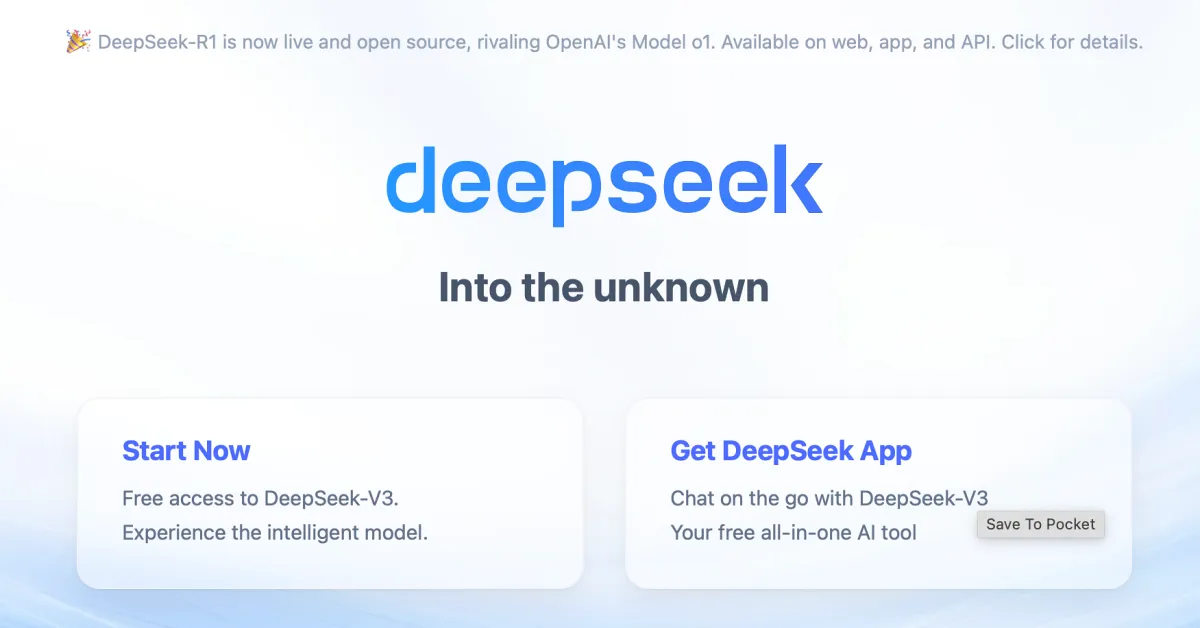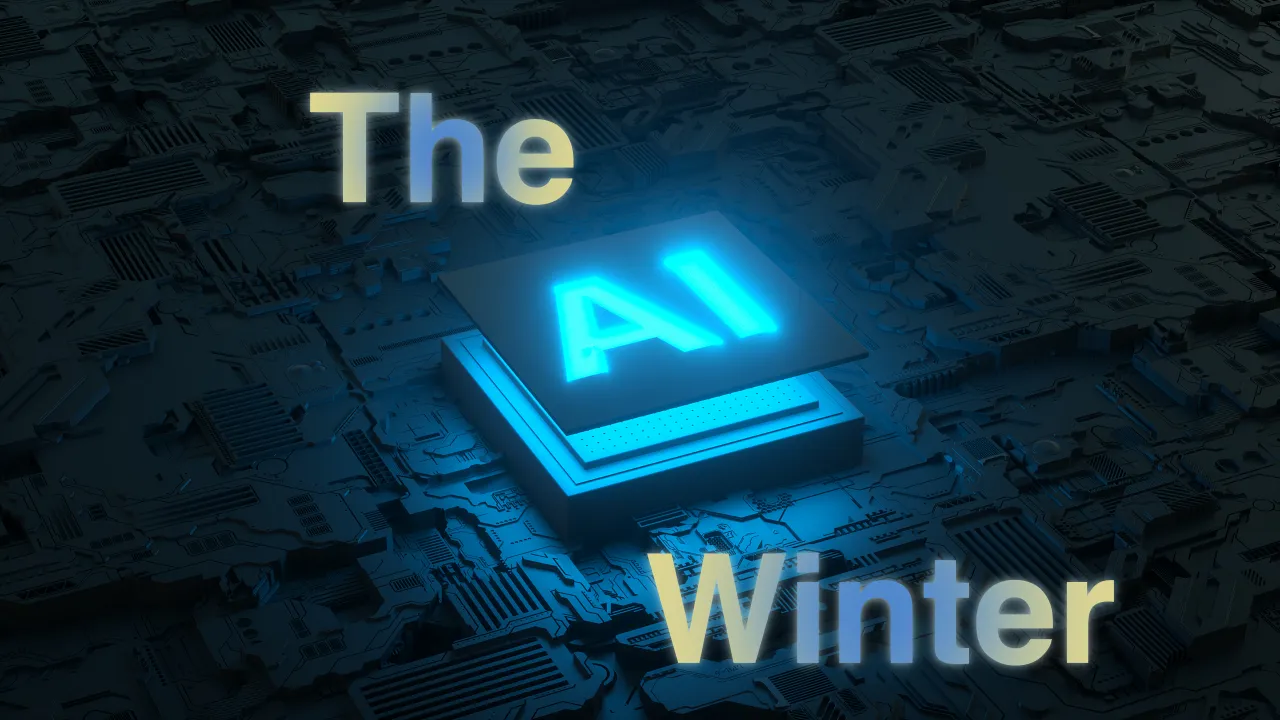· Technology · 3 min read
Why OpenAI Might Never Hit $100B in Revenue
OpenAI might never achieve $100B in revenue - and thus long-term profitability for several realistic and structural reasons. Let's talk about this in a greater detail in this post.

Let’s be real for a second: OpenAI built ChatGPT, arguably the most recognizable AI product ever. It’s partnered with Microsoft. It’s pushing boundaries with every new model release.
But let’s also be honest: it might never become a $100 billion-a-year revenue juggernaut - and that’s not just some spicy take, it’s grounded in reality.
The AI Gold Rush Is Crowded AF
OpenAI isn’t the only player in town. Google, Meta, Amazon, Anthropic, Cohere, and a dozen open-source communities are all in this race. And some of them (like Google and Amazon) already control the pipes - search, cloud infrastructure, devices, etc.
Plus, open-source models are catching up fast. Why pay OpenAI a premium when you can just run your own AI in-house or on cheaper services? Remember DeepSeek?
It’s Crazy Expensive to Run These Models
Training a GPT-4 or GPT-5-type model costs hundreds of millions of dollars. And that’s just to train it. Every time you ask a question in ChatGPT or call the API, it burns real cash via GPUs and power.
Sure, inference is getting cheaper, but not cheap enough to serve billions of users at scale without insane overhead.
$100 Billion Is a Massive Target
Let’s put it in perspective: only a handful of companies ever hit that kind of annual revenue - Apple, Google, Amazon, Microsoft. That’s because they control gigantic ecosystems (iPhones, Ads, Cloud, Windows, etc.).
AI chatbots and dev tools? Not that big of a market, at least not yet. Most people won’t spend big money for general-purpose AI. They want specific tools for specific jobs - and many of those tools will be cheaper, or even free.
Regulations Are Coming
AI is under a microscope. Between copyright lawsuits, misinformation fears, and privacy concerns, governments are getting involved. That means tighter rules, slower innovation, and possibly limited ability to monetize at scale.
If laws end up restricting training data, model outputs, or how models can be used in industries like healthcare or finance, OpenAI’s revenue ceiling gets lower.
No Killer App (yet, and it might never be)
Let’s face it: ChatGPT is cool, but it’s not the iPhone. People use it, sure, but is it a must-have tool for everyone? Not really.
Most regular users treat it like a smart toy or occasional helper. The real sticky apps (like Gmail, Photoshop, Excel, or TikTok) solve very specific problems. General-purpose AI doesn’t have that same stickiness - at least not today.
Too Much Tied to Microsoft
OpenAI’s biggest backer (and customer) is Microsoft. That’s great for stability, but it’s also a double-edged sword. Microsoft is already integrating OpenAI into its own products (like Copilot), which means they’ll likely capture most of the value.
OpenAI becomes more like a backend vendor than a standalone tech titan.
And who knows what Microsoft decides tomorrow? OpenAI can control only so much.
The Business Model Still Isn’t Clear
- Subscriptions? Only some power users pay.
- API revenue? Competitive and getting cheaper.
- GPT Store? Still feels like a gimmick.
- Ads? Maybe someday, but that’s a tough pivot.
None of these revenue streams alone feels like a path to $100B. And bundling all of them together? That just makes the business complex - and harder to scale cleanly.
Final Thought
OpenAI is good. But that doesn’t guarantee it becomes the next Apple or Google. It could still be a successful company while making less than $100 billion a year.
And honestly, that might be just fine.



